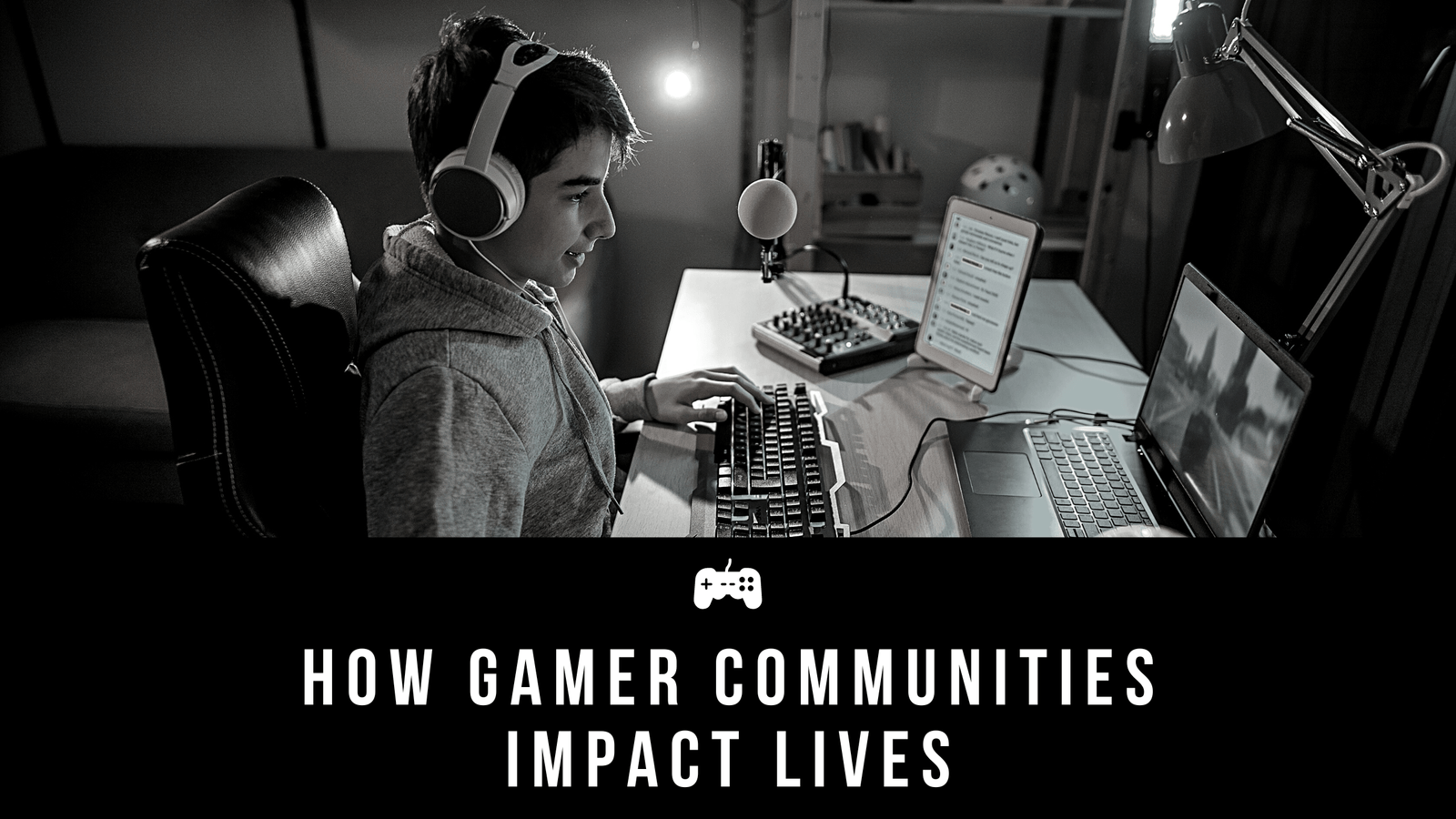Whether you’re just starting out in the world of gaming or you’re a seasoned expert, there are always opportunities to sharpen your skills and enhance your overall gaming experience. In this comprehensive guide, we will explore top game tips for newbies and experts alike. So, let’s dive in and learn how you can improve your gaming journey.
Table of Contents
- Choosing the Right Game
- Familiarizing Yourself with Game Mechanics
- Mastering the Controls
- Researching Tips and Tricks
- Setting Realistic Goals
- Joining a Gaming Community
- Upgrading Your Gaming Equipment
- Taking Regular Breaks
- Revisiting Old Games
- Exploring Different Gaming Genres
Choosing the Right Game
The first step in improving your gaming skills is finding the right game that matches your interests and skill level. There are countless games available across various platforms, so take the time to explore different titles and genres to find the one that will keep you engaged and motivated.
Selecting Your Gaming Platform
Consider the gaming platform that best suits your preferences and budget, such as PC, consoles (PlayStation, Xbox, Nintendo), or mobile devices.
Exploring Different Genres
From action and adventure to strategy and puzzle games, explore various genres to discover which ones align with your interests and playstyle.
Familiarizing Yourself with Game Mechanics
Once you’ve selected a game, take the time to learn its mechanics and gameplay elements. Understanding how the game works and its objectives can help you develop effective strategies and increase your chances of success.
Watching Tutorials and Walkthroughs
Watch tutorial videos, read walkthroughs, or consult the game’s manual to gain a better understanding of the mechanics, controls, and objectives.
Experimenting in Game
Don’t be afraid to explore and experiment within the game; this will help you develop a feel for the gameplay and provide insight into potential tactics and strategies.
Mastering the Controls
Optimizing your control over the game is essential to improving your gaming skills. Familiarize yourself with the controls and input methods to ensure swift and precise gameplay.
Adjusting Control Schemes
Experiment with different control schemes to find out which one feels the most comfortable and intuitive for you.
Practicing Regularly
Commit to regular practice to develop muscle memory and improve your reaction time, allowing you to perform more complex in-game actions with ease.
Researching Tips and Tricks
Learning from more experienced players can help you enhance your gameplay and discover more advanced strategies. Researching tips and tricks is an excellent way to expand your knowledge and stay ahead of the competition.
Tuningin to Game Streams and Videos
Watch live streams and videos of skilled gamers on platforms like Twitch, YouTube, or Facebook Gaming to observe expert players in action and pick up valuable insights.
Engaging with Social Media and Blogs
Follow relevant social media accounts, forums, and blogs dedicated to your game of choice to stay up-to-date on the latest strategies, metagame shifts, and patch updates.
Setting Realistic Goals
Setting achievable goals for yourself can help keep you motivated and focused on improvement. Break down your overall objectives into smaller, manageable milestones, and celebrate your progress along the way.
Identifying Areas for Improvement
Evaluate your gaming performance and identify specific areas in which you can improve, such as mastering a new technique, enhancing your map awareness, or improving your communication within multiplayer games.
Tracking and Measuring Progress
Continuously track your progress by recording gameplay, taking screenshots, or keeping a performance log, which will help you monitor your improvement and stay motivated.
Joining a Gaming Community
Becoming a part of a gaming community can widen your exposure to different playstyles, help you gain valuable feedback, and develop lasting friendships with fellow gamers.
Finding the Right Community
Look for online forums, social media groups, or in-game clans that focus on your chosen game or genre, and join a community that shares your interests and goals.
Engaging and Collaborating
Actively participate in discussions, share your knowledge, ask questions, and collaborate with other gamers to further develop your skills and understanding of the game.
Upgrading Your Gaming Equipment
Investing in quality gaming equipment can significantly enhance your gaming experience, improve your performance, and reduce the risk of injury or discomfort during extended gaming sessions.
Choosing the Right Hardware
Select gaming hardware that meets the requirements of your chosen games, such as a powerful PC or console, high-quality monitor or TV, and stable internet connection.
Investing in Ergonomic Accessories
Consider purchasing ergonomic accessories, such as a comfortable gaming chair, well-designed keyboard and mouse or controller, and appropriate monitor height and distance to minimize strain and fatigue.
Taking Regular Breaks
While dedication to practice is crucial, it’s equally important to maintain a healthy balance between gaming and other aspects of your life. Taking regular breaks helps prevent burnout, reduces the risk of injury, and allows you to recharge both physically and mentally.
Implementing the 20/20/20 Rule
Follow the 20/20/20 rule during gaming sessions: every 20 minutes, take a 20-second break and focus your eyes on something 20 feet away to reduce eye strain.
Scheduling Longer Breaks
Include longer breaks in your gaming routine, such as days off or full weekends, to give yourself time to rest, socialize, and pursue other hobbies or interests.
Revisiting Old Games
Returning to older games you’ve previously enjoyed can offer fresh insights, help you rediscover lost skills, and serve as an enjoyable break from yourcurrent gaming endeavors.
Reflecting on Your Experiences
Consider how your gaming skills have improved since you last played these older games, and use this opportunity to revisit challenges that once seemed too difficult.
Discovering Hidden Gems
Rediscover hidden gems within these older games that you might have missed during your initial playthrough, such as secret levels, easter eggs, or bonus content.
Exploring Different Gaming Genres
Branching out and trying new gaming genres can help you develop versatile gaming skills and discover potential new passions.
Sampling a Variety of Games
Step outside your comfort zone by exploring different gaming genres, such as platformers, rhythm games, or turn-based strategy, and learn from the unique mechanics and playstyles each has to offer.
Identifying Transferable Skills
Observe how skills from one genre can apply to others and consider how you can incorporate these elements into your overall gaming skill set.
In conclusion, improving your gaming skills and becoming a more accomplished gamer involves a combination of dedication, practice, research, and open-mindedness. Applying these top game tips will help you up your game, whether you’re a passionate newbie or a seasoned expert. So, immerse yourself in the gaming world and enjoy the journey of constant growth and skill development!



